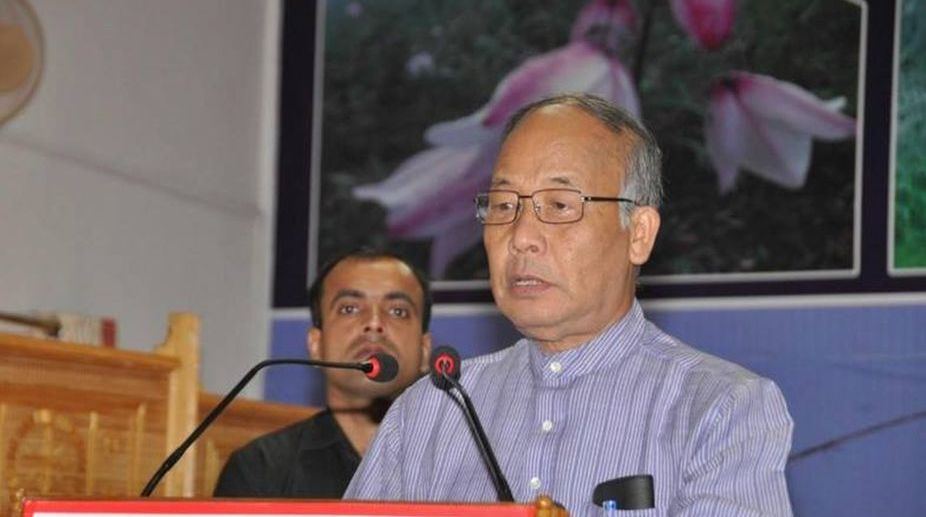USAID row: Congress slams BJP, demands white paper
The grand old party also said that the “white paper” should not only focus on USAID funding, but all such agencies which fund both Governments, individuals and all other entities under Indian law.

Okram Ibobi Singh (Photo: Facebook)
Prime Minister Narendra Modi is scheduled to address an election meeting in Imphal on 25 February. So confident is he of dumping Congress chief minister Okram Ibobi Singh’s 15-year-rule that he might even promise the Manipuris another visit to Imphal next month to personally convey his gratitude to them for reposing their faith in the BJP for the first time. The party kickstarted its election campaign as early in September last year and has been able to incite disaffection among smaller parties as well as the ruling Congress. At least eight out of ten, including a former Samata Party-led chief minister, Radhabinod Koijam, reportedly switched over. Not surprising though, because nowhere is the phenomenon of defection so acute as in that state. Before Ibobi took over in 2002, the state was run mostly by rag-tag parties.
The Centre is apparently unhappy with the Ibobi government over its failure to end the indefinite economic blockade of the state’s two vital national highways, imposed by the Manipur-based, pro-NSCN(IM) United Naga Council since 1 November last year. This is in protest against the chief minister’s decision to meet the Kukis’ three-decades-old demand for upgradation of Kangpokpi sub-division, in the Naga-majority Senapati district, to a separate revenue entity. On the night of 8 December 2016, Ibobi took the wind out of the sails of the UNC by creating seven new districts. In the 2012 assembly election Ibobi came to power riding on the popularity he had earned in May 2010 when he successfully blocked NSCN(IM) general secretary, Thuingaleng Muivah’s bid to enter Manipur to visit his native
village Somdal in Ukhrul district. Next month, Ibobi faces yet another crucial popularity test over his bold decision on the new districts.
Advertisement
Advertisement
Advertisement